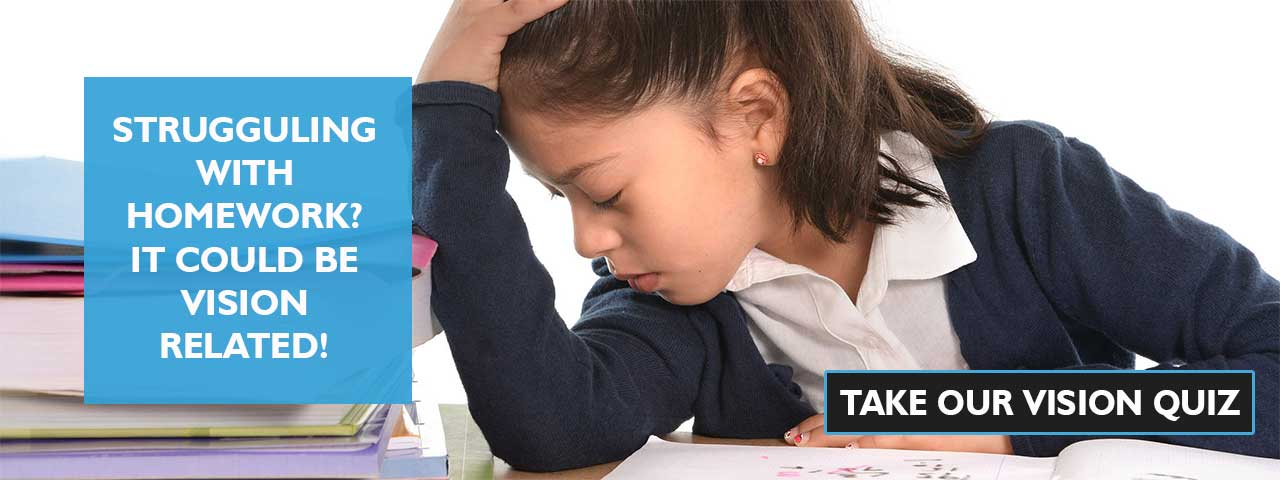
Why Visit A Developmental Optometrist in Laguna Beach?
There are optometrists, and there are optometrists. Like other fields of medicine, there are different standards of care, knowledge, and expertise in the area of optometry.
Choosing an eye doctor who is best equipped to treat your specific eye condition is an important decision, so being an informed patient is a smart idea.
Optometrists Vs. Developmental Optometrists
Understanding the difference between an optometrist and a developmental optometrist is critical. Depending on your eye care needs, this can make a big difference.
Consider your personal situation and lifestyle. Things like how much time you spend on a computer, how often you go outdoors, your or your child’s academic difficulties, or any issues with reading, can all be factors that should be assessed by a Developmental Optometrist.
Parents and educators must consider the emotional impact of visual problems, too. Feelings of disappointment, irritability, or even failure can lead to resentment of friends, siblings, parents, and educators. Kids can then act out – sometimes even physically – outside of the school environment and disrupt otherwise healthy family life.
So be on the lookout for any kind of ‘red flag’ behavior. For example, if your child gets headaches when they read, if they make excuses for avoiding activities you know they enjoy, these can indicate that something is wrong.
Misdiagnosis of Vision Issues
An increasing concern in the medical community is when a patient is misdiagnosed. Misdiagnoses are harmful to patients because they can lead to incorrect or unnecessary medications, treatments, and procedures. This is particularly worrisome when it comes to children because an incorrect diagnosis can cause long-term damage, both physically, as well as emotionally.
Developmental optometrists are less likely to misdiagnose a patient because they run more extensive tests than a typical optometrist does. They can check for visual tracking, eye coordination to ensure both eyes are working together, and more. The primary benefit is their assessments of the patient’s ability to perform certain tasks and functions.
Vision isn’t just about how well you see, but about your entire life interacting with others. Think of all the people you come across throughout the day – a spouse, child, friend, colleague, the person you sit next to on a bus or plane, even the barista at your favorite coffee shop! It’s important to ensure high quality> eye care so that you can live your best life.



